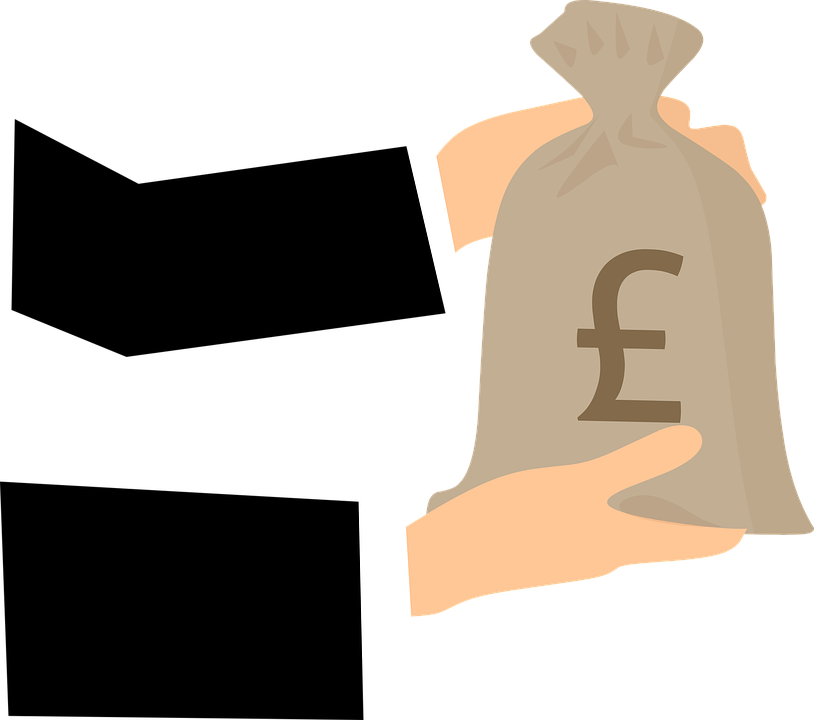With Plan B measures easing this week, Britain’s small businesses are beginning to look forward, cautiously, to running in a more ‘normal’ fashion.
However, the landscape for these companies — which make up over 99% of UK businesses — has changed unimaginably in the two years since Covid first hit our shores.
The long months of closures, restrictions and constantly changing guidance have taken their toll on SMEs in every sector.
One study from business insurer SimplyBusiness suggests that, on average, small businesses have lost over £20,000 each due to the virus.
Now business owners are concerned about an impending rise in National Insurance, spiralling inflation and the tapering-off of the final coronavirus support schemes.
But despite storm clouds on the horizon, Mike Cherry, Federation of Small Businesses national chairman, says there is optimism in the sector, with more than half of small firms planning growth this year.
‘After two years of turmoil, in which firms have once again shown their adaptability and resilience, the small business community stands ready to spur our economic recovery.
The majority intend to grow over the coming 12 months, and many are looking to increase headcounts,’ he says.
Contact us today to discuss Business Loans and how we can assist you.
How small businesses have been affected
The latest government statistics make for sobering reading. The number of private businesses in the UK had been steadily rising until coronavirus came along, then shrank 6.5% in the calendar year 2020 to 2021.
‘One-man band’ businesses are the most likely to have closed, while large businesses only declined by 1%. While there are no more up-to-date statistics on this measure, there is evidence that the situation has worsened since.
The number of businesses removed from the government register was up 24% on the average in the first three quarters of 2021, suggesting a further wave of closures.
The cost has also been huge for those small businesses that have survived. Bank of England figures show that SMEs are now 25% more indebted than they were before the pandemic, because they have borrowed in order to survive. The Bank warned that these debt-laden businesses are vulnerable and that there will be more insolvencies ahead.
The wellbeing of entrepreneurs and small business owners has been badly affected. Alan Thomas, UK CEO at insurer Simply Business, says that over 60% of small business owners have been impacted by financial worries due to the pandemic, with one in five saying that the pandemic has left them in a ‘bad place’ in terms of their mental health.
‘Small business owners have encountered countless challenges during the course of the pandemic,’ Thomas says. ‘Livelihoods are on the line, and understandably this has had a huge impact on people’s wellbeing, with a staggering 82% last year reporting poor mental health.
‘Entering 2022, it’s clear that many of these challenges remain, from staff shortages to supply chain issues. This worrying situation should concern us all, because small businesses are crucial to our economy and communities, and will be central to our collective recovery.’
Not all small businesses have been affected equally by the pandemic. Figures show that certain sectors and certain areas of the UK have found it particularly difficult.
Looking to the future
There is evidence that the small business sector may thrive again. More encouraging government statistics suggest more than 1,800 companies are being set up every day, with London and the South-East the most popular places to start a business, and the North-West the next most popular region.
The latest Federation of Small Businesses (FSB) survey shows that nearly one in six SMEs increased its number of employees in the quarter to December last year, with 17% hoping to do the same this quarter.
Some sectors, of course, are firing on all cylinders. The technology sector counted 2021 its best year ever, with start-up and scale-up businesses raising a record £29.4billion.
According to the FSB, small businesses in the construction industry and the information and communication sector are feeling confident about the future.
At the other end of the scale, though, retailers, accommodation providers and small businesses in the manufacturing industry are far less confident about what 2022 will bring, pushing the overall score for SME confidence down to a one-year low.
Kay Daniel Neufeld, head of forecasting and thought leadership at the Centre for Economics and Business Research, says Omicron had a ‘chilling effect’ on business confidence in the retail and leisure sectors, while manufacturers remain concerned about supply chain issues and inflation, which has pushed up costs.
‘The share of small businesses reporting that operating costs have increased rose to a decade high of 72.9% in Q4 2021, with greater expenses for inputs, fuel, utility and labour being the main causes,’ says Neufeld.
So, while some businesses are rejoicing in a return to normality or even growing from shoots put down during lockdown, many are still battered by the experience of the last two years, and fighting on all fronts to survive.
The onus may be on the government to ensure the SME sector continues to grow, with Cherry, at the FSB, asking in particular for more funding so that companies can deal with the issues ahead.
‘Come April, they’ll be faced with a jobs tax hike, an increase in dividend taxation and fresh business rates bills,’ he says of his members.
‘We need the government to start looking closely at the policies that will empower the small business community to spur our recovery from this recession, as it did the last. The growth intentions are there, but we need the right support to turn vision into reality.’
By Rosie Murray-West
Source: Metro









